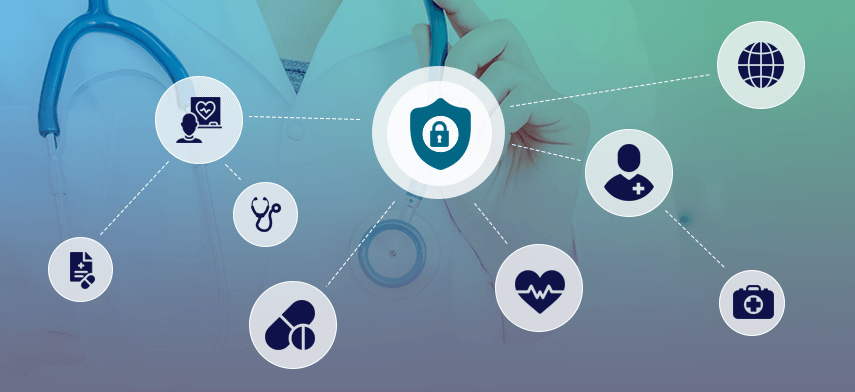Safeguarding Patient Data: A Guide to Risk Management & Cybersecurity in Healthcare

The healthcare industry faces a unique set of challenges when it comes to risk management and cybersecurity. Protecting sensitive patient data while maintaining operational efficiency is paramount. At ConsultEdge.Global, we understand the critical nature of healthcare data security and the potential consequences of cyberattacks. In this advisory article, we’ll explore the current risk landscape and provide insights on building a robust risk management and cybersecurity program for your healthcare organization.
The Evolving Threat Landscape:
Cybercriminals are increasingly targeting healthcare organizations for several reasons:
- Valuable Data: Patient information, including medical history, financial records, and social security numbers, is highly valuable on the black market.
- Ransomware Attacks: Healthcare facilities often rely heavily on digital systems, making them vulnerable to ransomware attacks that can cripple operations and disrupt patient care.
- Legacy Systems: Many healthcare institutions have outdated IT infrastructure, which may have security vulnerabilities that hackers can exploit.
The Importance of Risk Management:
A comprehensive risk management program is crucial for identifying potential threats, assessing their impact, and developing mitigation strategies. This includes:
- Vulnerability Assessments: Regularly conduct security audits to identify vulnerabilities in your IT systems and network infrastructure.
- Data Security Protocols: Implement robust data security protocols, such as encryption, access controls, and data breach notification procedures.
- Employee Training: Train your staff on cybersecurity best practices, including phishing awareness and password hygiene.
- Incident Response Plan: Develop a well-defined incident response plan outlining steps to take in case of a cyberattack.
Building a Culture of Cybersecurity:
Beyond technical measures, fostering a culture of cybersecurity is essential. This involves:
- Leadership Commitment: Senior management must demonstrate a strong commitment to cybersecurity and prioritize data security efforts.
- Ongoing Awareness Programs: Continuously educate and train employees on cyber threats and best practices to minimize human error.
- Open Communication: Create an environment where employees feel comfortable reporting suspicious activity or potential security breaches.
ConsultEdge.Global: Your Partner in Risk Management & Cybersecurity
At ConsultEdge.Global, we offer a comprehensive range of risk management and cybersecurity services tailored to the specific needs of healthcare organizations. We can help you:
- Develop a customized risk management plan
- Conduct vulnerability assessments and penetration testing
- Implement robust data security measures
- Train your staff on cybersecurity best practices
- Develop an effective incident response plan
By partnering with ConsultEdge.Global, you can create a more secure environment for your patients and ensure the smooth operation of your healthcare organization.
Don’t wait until a cyberattack disrupts your operations. Contact ConsultEdge.Global today and let us help you safeguard your patients’ data and build a resilient healthcare system.

